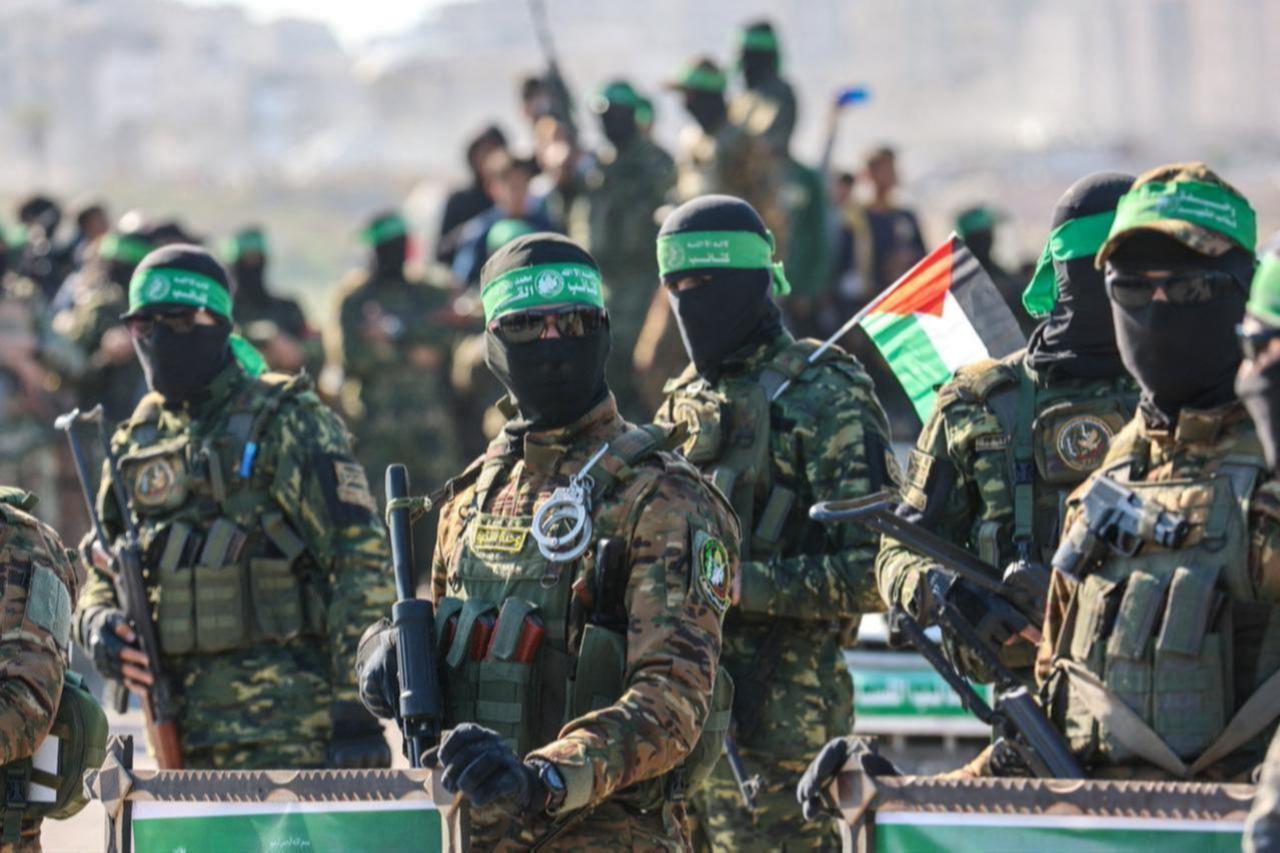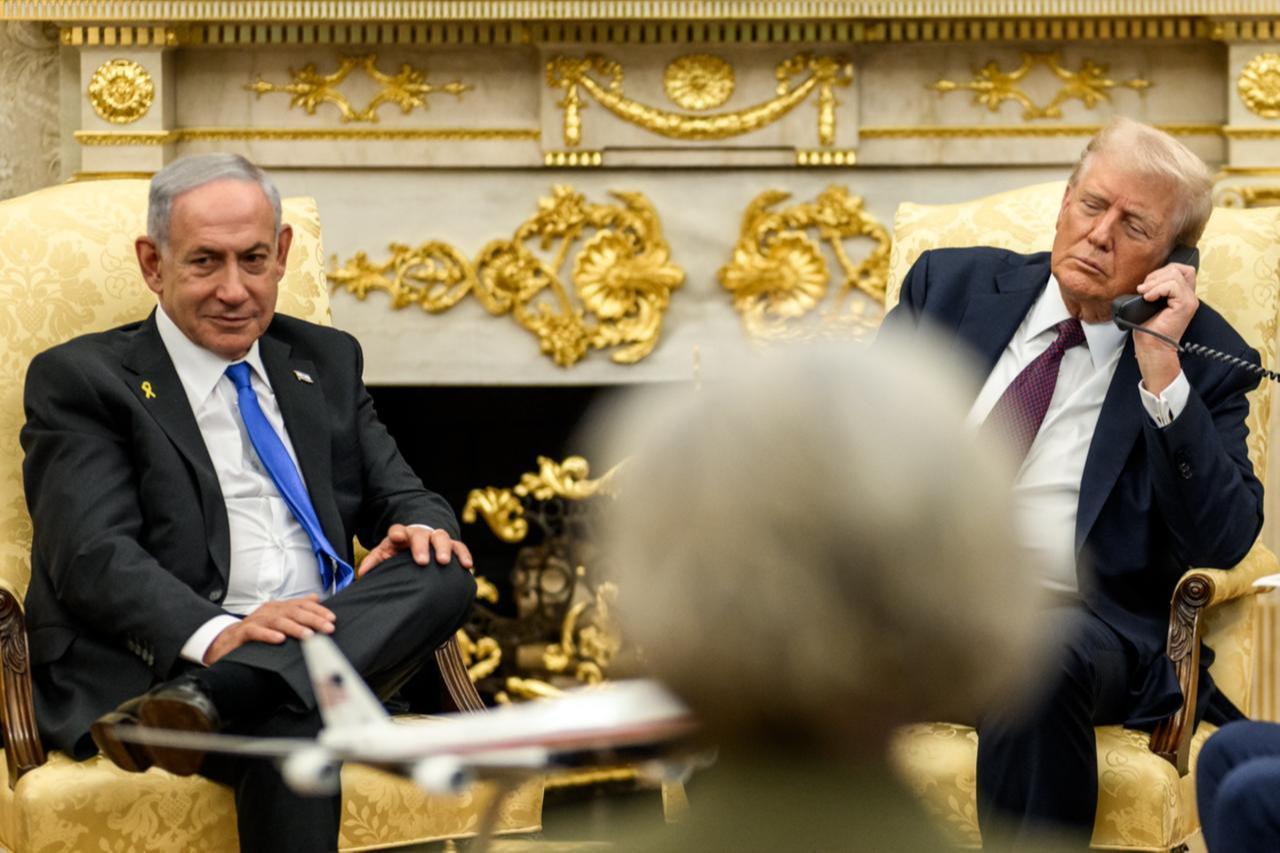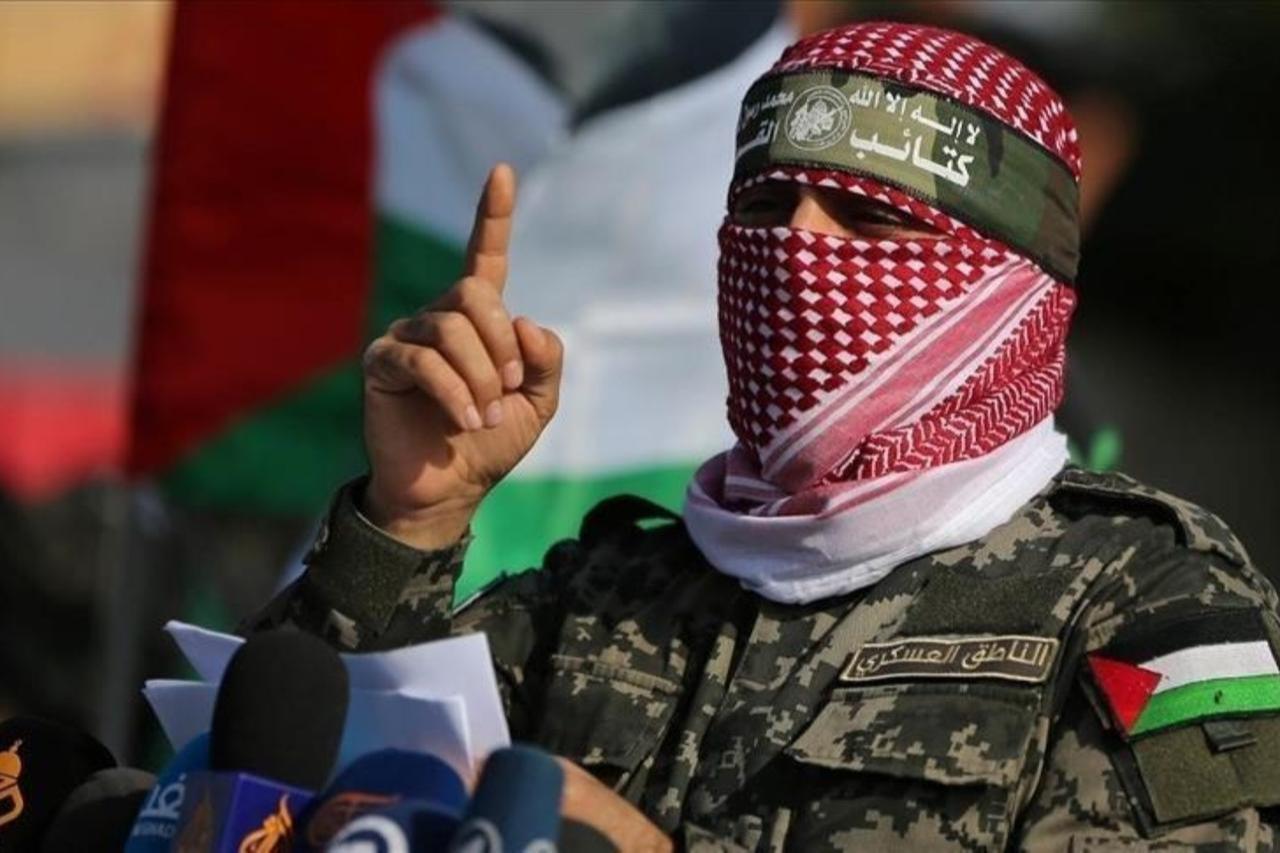
Hamas said Monday it had not received U.S. President Donald Trump's widely publicized Gaza peace plan, casting doubt on the proposal's immediate prospects even as Washington and Jerusalem pressed the group to accept it.
"We have not received Trump's proposal. We will study it and respond once we receive it," a senior Hamas official told reporters, speaking on condition of anonymity because he was not authorized to discuss the matter publicly.
The statement came hours after Trump and Israeli Prime Minister Benjamin Netanyahu presented the 20-point framework at a White House press conference, with both leaders suggesting Hamas was the sole holdout preventing a deal.
"I hope that we're going to have a deal for peace, and if Hamas rejects the deal, which is always possible, they're the only one left, everyone else has accepted it," Trump said.
But the Hamas official disputed that characterization, saying the plan had not reached "any Palestinian party so far."

The official offered a preliminary assessment based on publicly available details, saying the proposal's provisions "are close to the Israeli vision" and describing them as "vague and lack guarantees."
Hamas defended its armed resistance, saying its weapons "have never been used to aggress against anyone; their purpose is freedom and independence."
The group also suggested the timing of Trump's announcement was designed to undermine recent international momentum toward Palestinian statehood recognition.
"What happened was an attempt to stifle the international momentum and the growing recognitions of the Palestinian state," the official said, referring to several Western nations that have recently recognized Palestine.

The official laid out a red line for any future negotiations: "We will not accept any proposal that does not include the right of the Palestinian people to self-determination and protection from massacres."
The response highlighted the fragile foundation of Trump's peace initiative, which was developed through consultations between Washington and Jerusalem without Hamas participation. Netanyahu had warned that if the group rejected the plan, Israel would "finish the job" of destroying Hamas militarily, a threat Trump said he fully backed.
Trump claimed broad Arab support for the proposal, saying last week that regional leaders were "on board for something special, first time ever." He told reporters Monday that approval from all sides was "beyond very close."
The plan calls for an immediate cease-fire, release of hostages held by Hamas, full disarmament of the group and a phased Israeli withdrawal from Gaza. It offers amnesty to Hamas members who agree to peaceful coexistence and disarm, while barring the group from any future governance role.
Hamas's acknowledgment that it had not formally received the proposal suggested the diplomatic process remained incomplete despite the public rollout. The group's preliminary objections — particularly regarding self-determination and security guarantees — indicated significant obstacles ahead.
The war began with Hamas's Oct. 7, 2023, attack that killed 1,219 people, according to disputed Israeli figures. Israel's military response has killed 66,055 Palestinians, mostly civilians, according to Gaza health ministry figures that the United Nations considers reliable.